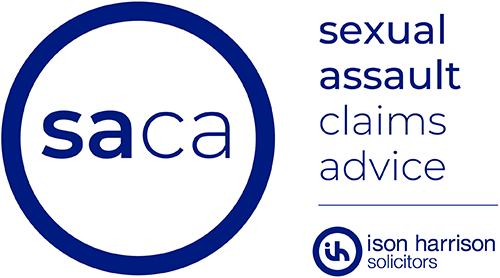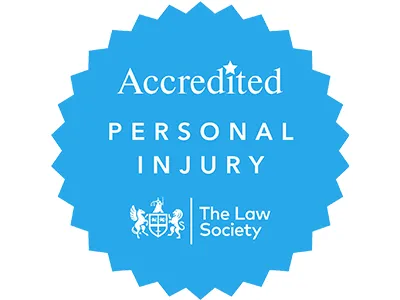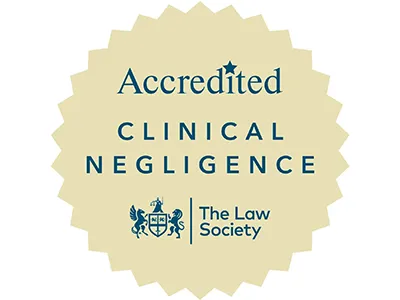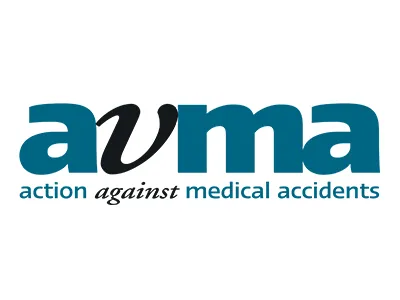Experiencing rape or sexual assault is a devastating violation that can leave survivors feeling powerless, isolated, and unsure of where to turn. At Ison Harrison, we believe that every survivor deserves to be heard, supported, and empowered to take back control of their life. One way to begin that journey is by understanding your legal rights and the options available to seek justice and compensation.
Understanding Your Legal Options
If you have been the victim of rape or sexual assault, there are several legal routes you may be able to pursue. These include:
- Criminal Injuries Compensation Authority (CICA) Claims
The CICA is a government-funded scheme that provides financial compensation to victims of violent crime in England, Scotland, and Wales. You may be eligible to apply if:
- The assault was reported to the police.
- You apply within two years of the incident (exceptions may apply).
- You suffered physical or psychological injury as a result.
At Ison Harrison, we can guide you through the CICA application process, ensuring your claim is presented clearly and comprehensively to maximise your chances of success.
- Civil Claims Against the Perpetrator
You may also be able to bring a civil claim directly against the person who assaulted you. This route allows you to seek compensation for:
- Pain and suffering
- Psychological trauma
- Loss of earnings
- Medical or counselling expenses
Unlike criminal proceedings, civil claims are decided on the balance of probabilities, which means the burden of proof is lower. Our experienced solicitors can help you assess the strength of your case and pursue justice through the civil courts.
- Civil Claims Against an Employer or Institution
In some cases, the perpetrator may have been acting in the course of their employment or under the authority of an organisation. For example:
- A doctor or healthcare professional
- A teacher, coach, or religious leader
- A colleague or manager in the workplace
If there is a clear link between the assault and the perpetrator’s role, we may be able to bring a claim against their employer or the institution responsible. These cases can be complex, but our team has the expertise to investigate and build a strong case on your behalf.
Why Choose Ison Harrison?
At Ison Harrison, we understand that coming forward can be incredibly difficult. That’s why we offer:
- Compassionate, confidential support from experienced solicitors
- No win, no fee representation (subject to terms)
- Clear, jargon-free advice tailored to your situation
- A safe, non-judgemental environment where your voice is heard
We are committed to helping survivors of sexual violence reclaim their power and pursue justice in a way that feels right for them.
Taking the First Step
You don’t have to go through this alone. Whether you’re ready to make a claim or just want to understand your options, we’re here to help. Call our team in complete confidence on 0113 284 5000 or email us at [email protected]









